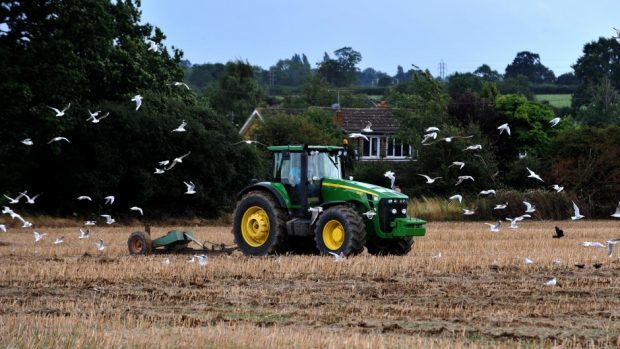The Royal Bank of Scotland will today publish an action plan calling for a joined-up cross-government approach to helping young farmers unlock their potential in a post-Brexit climate.
A new report published by the bank reveals millennial farmers – those born between 1982 and 2000 – are facing “serious, unnecessary challenges” which are impacting the whole sector.
The report – Harvesting the future for young farmers – claims these youngsters are faced with limited succession opportunities, an inability to embrace new farming models, difficulty accessing funding and a varying level of business skills.
It said despite these challenges, millennial farmers held a huge economic potential and almost 20,000 new diversification projects could be delivered by young farmers, generating an estimated £11,900 in additional income per farm.
The bank’s head of agriculture, Ian Burrow, said: “Millennial farmers are a high tech, high skilled, highly motivated group who hold a realistic picture of farming in their heads and want a career on the land. They are however, seriously constrained in a number of ways.
“With Brexit further heightening these challenges and increasing uncertainty, it is important we act now. Unless additional investment is secured, it is unlikely that the economic potential these young people hold will be unlocked. Banks, government, families, and communities need to come together to ensure today’s young farmers receive the support they deserve.”
Recommendations outlined in the bank’s action plan include: the launch of a UK-wide farming succession summit; a UK-wide roll-out of the Forestry Commission’s starter farms programme; the creation of a Westminster committee to draw up a strategy to enable the farming community to make the most of Brexit; an annual farm technology conference; the launch of specific “off the shelf” diversification funding products; and for business planning to become part of the core curriculum for farming apprenticeships.
